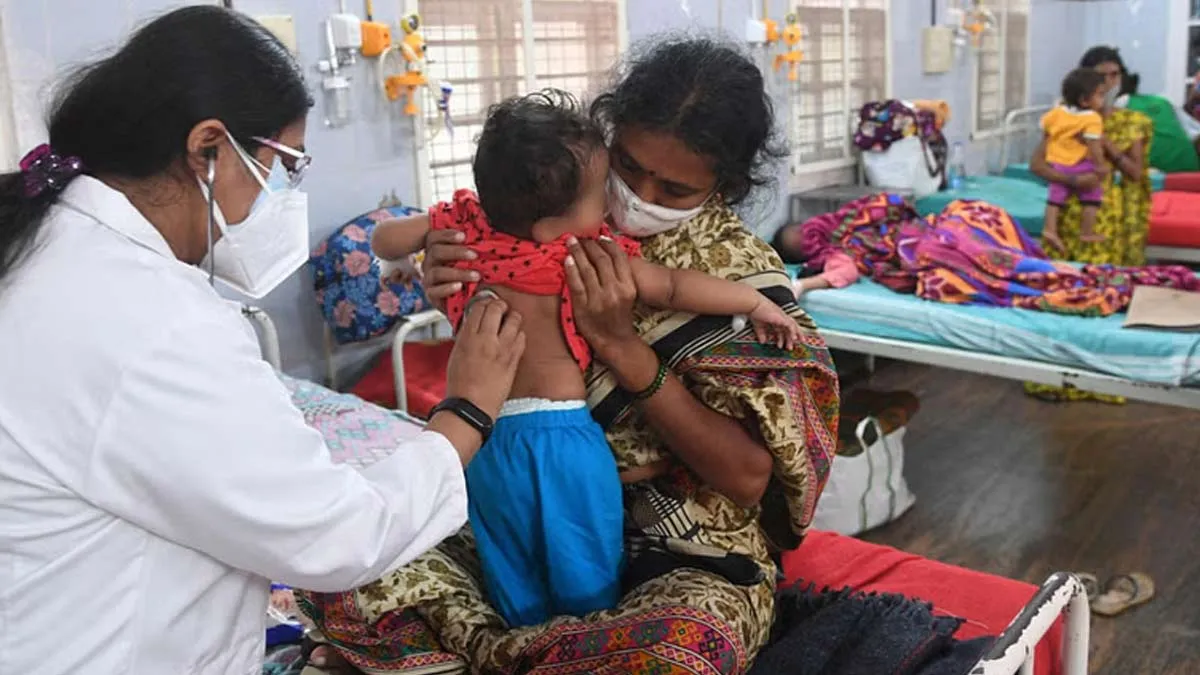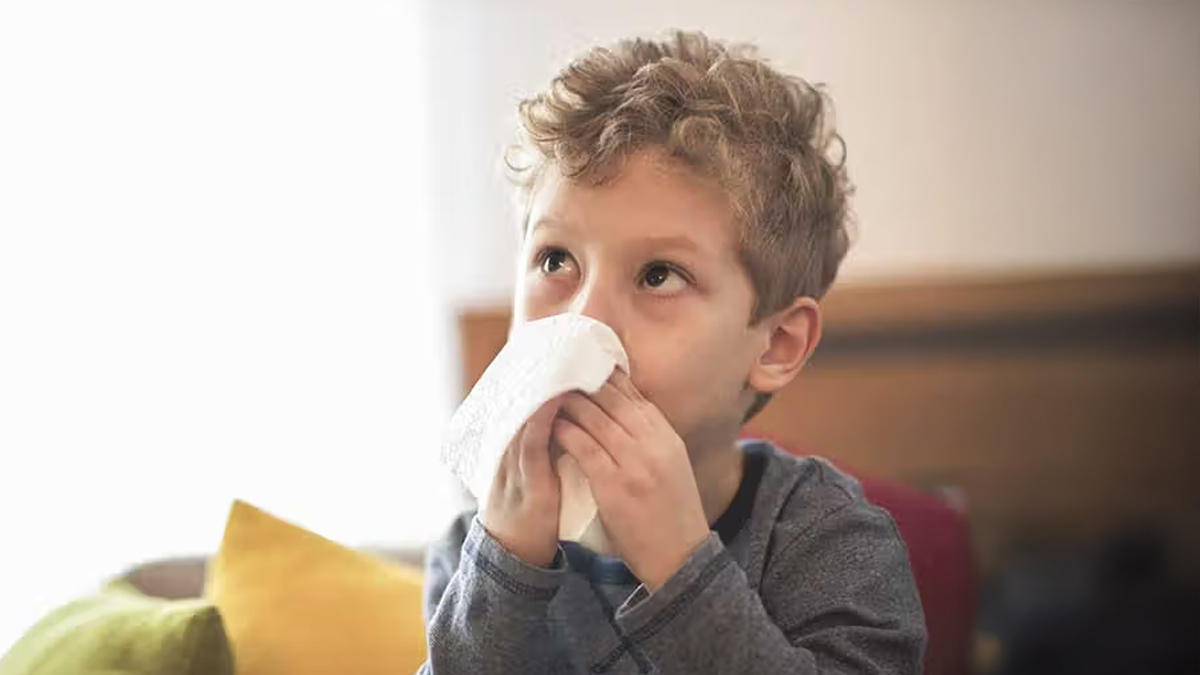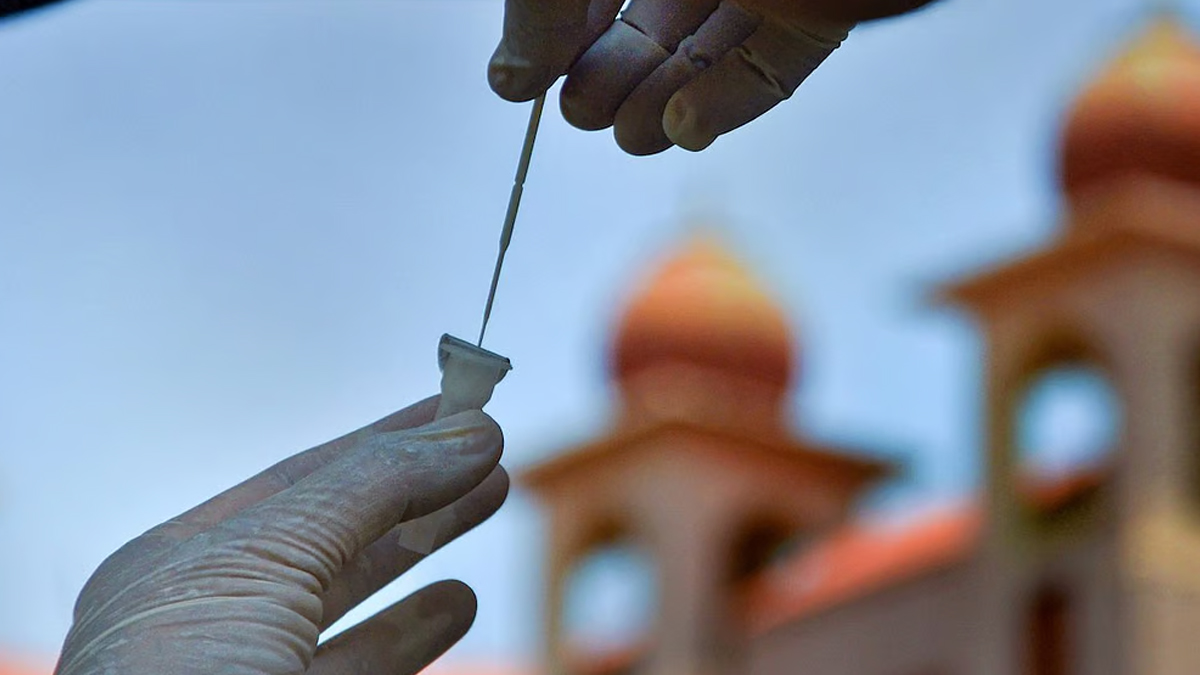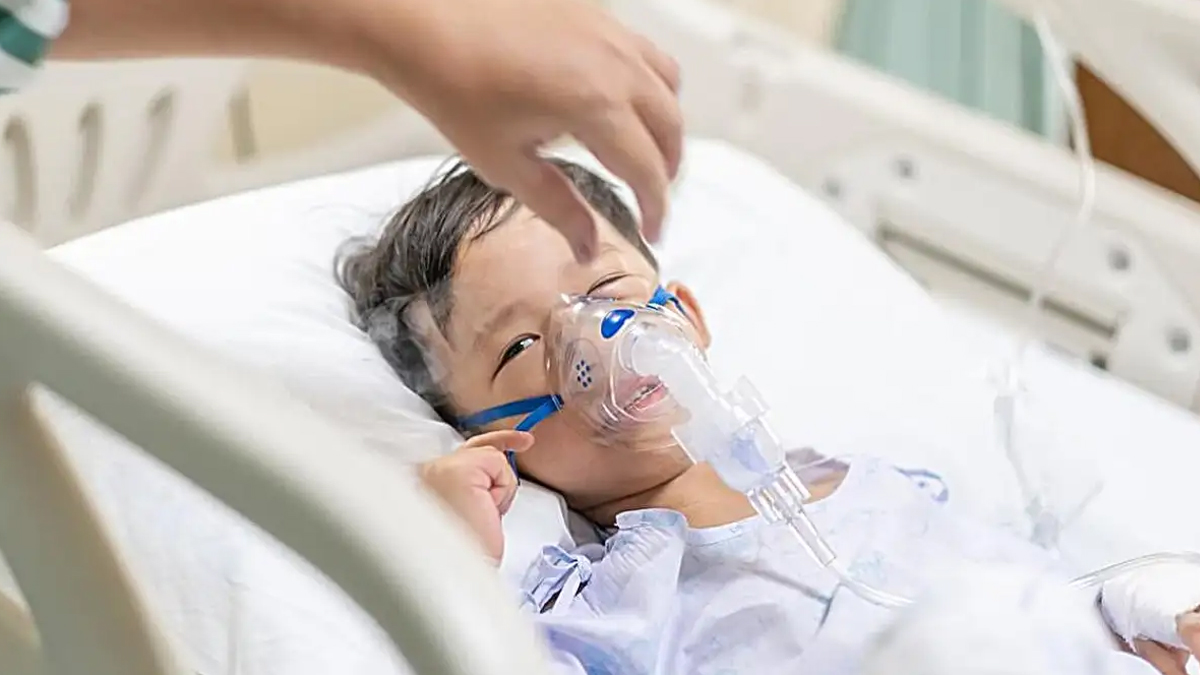
If your child has been battling a persistent cough or a fever that refuses to subside, you're not alone. Bengaluru is witnessing a troubling surge in paediatric pneumonia cases, with doctors raising alarms over increasing infections. What makes this spike even more concerning is that even vaccinated children are falling ill, leaving parents anxious and healthcare professionals on high alert.
Table of Content:-
Why Are Pneumonia Cases Rising?
One of the key factors driving this increase in paediatric pneumonia cases is antibiotic resistance. Doctors report that Mycoplasma pneumoniae, a bacterial infection affecting the upper respiratory tract, is a significant contributor to these infections.

The widespread misuse of antibiotics is further complicating the situation. When children are given antibiotics incorrectly or for conditions that do not require them, bacteria adapt and become resistant. As a result, previously effective treatments are no longer working as well, leading to prolonged illness and, in some cases, complications that require more aggressive medical intervention.
Also Read: Kolkata Woman Diagnosed With Rare Human Coronavirus HKU1; Here’s What You Need To Know
The Role of Self-Medication in Antibiotic Resistance
A major contributor to antibiotic resistance is self-medication. Many parents, hoping to provide quick relief for their child, administer antibiotics without consulting a doctor. Over-the-counter availability of these medications leads to improper dosages and incomplete treatment courses, which fuel bacterial resistance.
Dr Ananya Rao, a paediatrician at a leading Bengaluru hospital, warns, "Parents often think antibiotics are a quick fix, but improper use can make infections harder to treat. Instead of helping, this approach is worsening the problem."

Common Symptoms of Pneumonia in Children
Recognising pneumonia early is crucial for prompt treatment. Here are some key symptoms parents should be aware of:
- Persistent cough with mucus
- High fever accompanied by chills
- Difficulty breathing or rapid breathing
- Wheezing or chest discomfort
- Fatigue and general weakness
- Loss of appetite
- Bluish lips or nails (a sign of severe respiratory distress)
If your child exhibits these symptoms, it is essential to seek medical attention rather than relying on home remedies or over-the-counter medications.

How to Protect Your Child from Pneumonia?
Taking preventive measures can significantly reduce the risk of pneumonia. Here’s what parents can do:
Do’s:
- Ensure Vaccination: Vaccines like the pneumococcal and flu vaccines can help prevent certain types of pneumonia.
- Promote Good Hygiene: Encourage regular handwashing to prevent the spread of infections.
- Maintain a Healthy Diet: Proper nutrition strengthens the immune system and helps the body fight infections.
- Keep Indoor Air Clean: Minimise exposure to cigarette smoke, dust, and air pollutants that can weaken lung health.
- Seek Medical Advice: If your child shows symptoms of pneumonia, consult a doctor immediately instead of self-medicating.
Don’ts:
- Avoid Unnecessary Antibiotics: Do not give antibiotics unless prescribed by a healthcare professional.
- Do Not Ignore Symptoms: Delayed medical intervention can lead to severe complications.
- Limit Exposure to Sick Individuals: Prevent close contact with people showing signs of respiratory illness.
- Avoid Overcrowded Areas During Outbreaks: Schools and daycare centres can be hotspots for infections, so be extra cautious during seasonal outbreaks.
Also Read: Breast Cancer Survivors On Chemotherapy May Face Long-Term Health Struggles, New Study Reveals
Bottomline
The rising cases of paediatric pneumonia in Bengaluru serve as a stark reminder of the importance of proper medical care, responsible antibiotic use, and preventive healthcare. Parents must remain vigilant, prioritise vaccinations, and seek timely medical attention to ensure their children stay healthy. By making informed decisions, we can help curb this alarming trend and protect the next generation from preventable infections.
Also watch this video
How we keep this article up to date:
We work with experts and keep a close eye on the latest in health and wellness. Whenever there is a new research or helpful information, we update our articles with accurate and useful advice.
Current Version